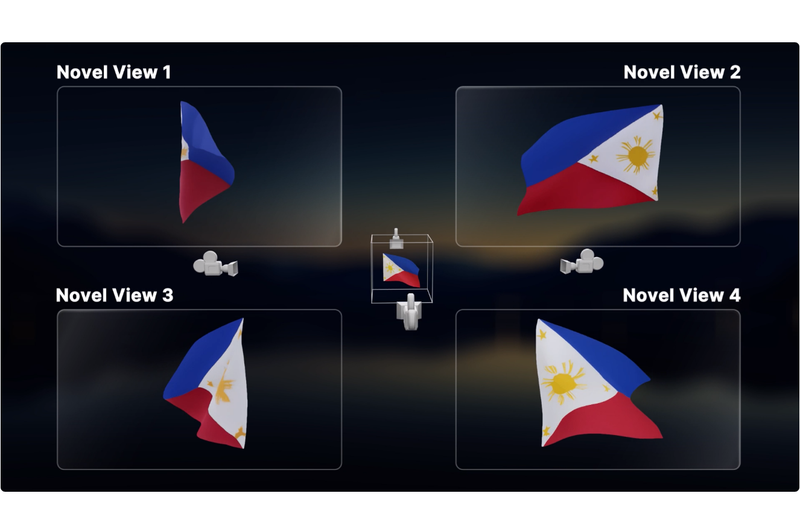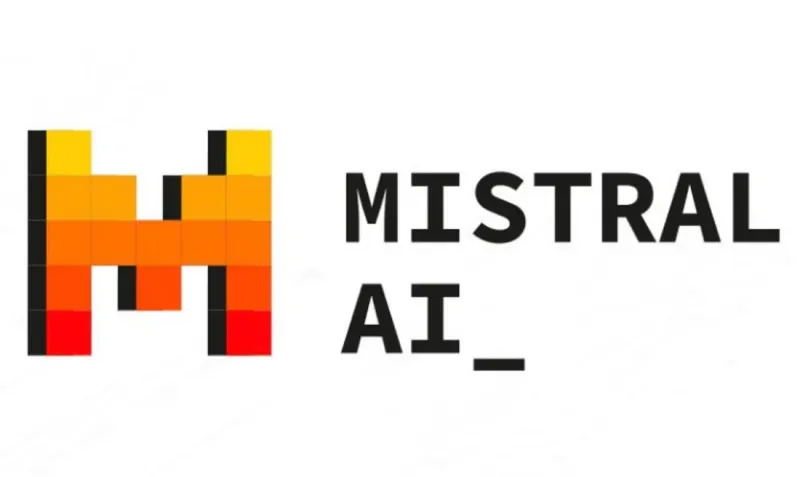Mastering sarcasm is AI's latest frontier
Researchers at the University of Groningen have developed an AI system that accurately detects sarcasm in unlabeled sitcom scenes. The research team sees AI's mastery of sarcasm as a necessary step towards more natural communication with AI.

Since its explosive entrance to the consumer market, generative AI has been gathering quite an impressive roster of capabilities: from acing standardized tests to reading (and generating) children's stories with emotion, and from helping humans develop beers and coffee to assisting with the identification of fake artworks, the evergrowing range of generative AI shows no signs of stopping. Ironically enough, aspects of communication we find most natural, like the intricate art of sarcasm, continue to baffle the most advanced AI systems.
Researchers at the University of Groningen's speech technology lab have set it upon themselves to help AI reach this latest frontier by building a detector for the lowest form of wit, and the highest form of intelligence. Matt Coler at the University of Groningen’s speech technology lab remarks on the importance of the lab's current project, stating that it is not only a matter of teaching algorithms about the subtleties of human communication that lead to contexts where even the most emphatic comments must be interpreted as their exact opposite. To maximize understanding, we must communicate with AI in a very literal way that feels rather artificial. Thus, if humans are to communicate with AI more naturally, predicting sarcasm starts to look more like a necessary step.
Xiyuan Gao, a PhD student at the lab, recently described how the University of Groningen research team trained a neural network to detect sarcasm at a joint meeting of the Acoustical Society of America and the Canadian Acoustical Association in Ottawa. The team leveraged a sarcasm-detection dataset called MUStARD, which contains an annotated multimodal corpus of video data, compiled from popular TV shows, including Friends, The Golden Girls, The Big Bang Theory, and Sarcasmaholics Anonymous. The dataset comprises audiovisual utterances labeled as sarcasm enhanced with context and additional useful information.
After being trained on the MUStARD dataset, the neural network could detect sarcasm in unlabeled sitcom scenes with 75% accuracy. The research team is working on boosting the accuracy of the neural network using synthetic data, although the results of this part of the project remain unpublished. Gao remarked that another avenue for research to improve the system's accuracy is the identification of certain gestures such as eyebrow movements and smirks. Regardless, Gao remains skeptical of ever reaching perfect accuracy since this is something that not even humans can do. Rather, the team focuses on alternate challenges they could address using the technology, such as adapting their approach to sarcasm prediction for abuse and hate speech detection.




